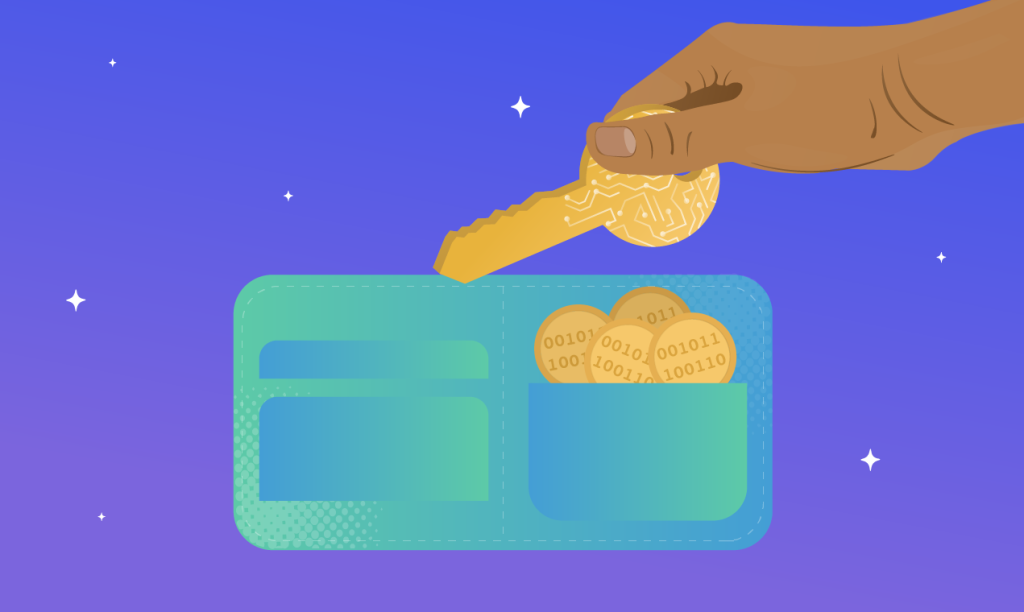A cryptocurrency exchange is Exodus custodial offers digital wallets, staking, and many coins. Exodus, a Nebraska-based company, launched in 2015, received SEC approval for its Class A common stock offering in April 2021. (OTCBB: EXOD). California-based Coinbase began in 2012. In 2020, Coinbase said it would go remote-first and close its San Francisco offices by 2022. April 2021 saw its straight listing (Nasdaq: COIN).
Table of Contents
Coinbase supervises and safeguards transactions as a controlled exchange. Exodus offers choices. It offers decentralized peer-to-peer (P2P) trading and connects you to centralized exchanges if you prefer to acquire bitcoin there. Fees and features vary across crypto platforms. Beginners and traditional brokers should stick with Coinbase. Exodus has more coins and asset control.

Self-Custody—Why?
Exodus is a self-custody wallet. You alone control your 12-word personal recovery phrase and private keys. Who possesses the 12-word secret recovery phrase and private keys determine “Who has custody of my funds” in cryptocurrency. Private keys govern crypto in your wallet.
The crypto address’s private key owner can spend and control its funds. Crypto isn’t yours if you don’t control your private keys or if others have access. You must remove your crypto from a custodial exchange. The private key-holding custodial exchange will decide whether to grant your withdrawal request. This works if the platform is trustworthy. Your crypto, not your keys. What are private keys? Explains their importance.
Let’s Compare Non-custodial And Custodial Wallets.
A Non-custodial Wallet?
Your private keys are only accessible in a non-custodial wallet. Your private keys and wallet are your responsibility. Your private keys govern your funds. The wallet’s creators can’t touch your funds. You can use your private keys to switch wallets if the wallet fails. Custodial wallets include Exodus, MetaMask, Phantom, and Trust.

Identifying A Non-custodial Wallet:
Instead of a username and password, you’re prompted to write a 12-word secret recovery phrase. Accessing private keys If the wallet developer can’t recover your cash.
Benefits
Non-custodial Wallets Have Advantages:
- As said, a non-custodial wallet allows you complete control over your bitcoin.
- Privacy: A non-custodial wallet does not require personal information to transfer, receive, and manage cash. What information does Exodus have?
- Advanced features: Non-custodial wallets offer staking, trading crypto, and Defi.
- Several wallets/portfolios: Non-custodial wallets enable you to use the exact 12-word secret recovery phrase in multiple wallets or the same wallet.
Risks
Non-custodial Wallet Risks:
- Protection: Self-custodial wallets need you to secure your devices and keys. Security best practices are here: Security measures.
- Nobody can access your wallet if you lose it. Record and keep your 12-word personal recovery phrase offline. Learn how to protect your 12-word secret recovery phrase (the only backup of your private keys) and your money.
- Expertise: Non-custodial wallets demand additional technical knowledge. However, we’re constantly improving Exodus’ wallet experience based on client input.

Conclusion
In conclusion, Exodus Wallet is a top hot wallet, especially for novices. Its simplicity makes it a user’s first and best wallet. The best cryptocurrency wallet lets users send, sell, and purchase cryptocurrencies in tiny amounts without a complicated process.
Because custom fees are now limited to Bitcoin, and the platform prioritizes user crypto experience over security, Exodus offers little benefit to expert cryptocurrency users. This makes software wallets less safe for large fund holders.
However, Exodus is meant for newcomers who want to buy Bitcoin and other coins from their wallets without fuss.

